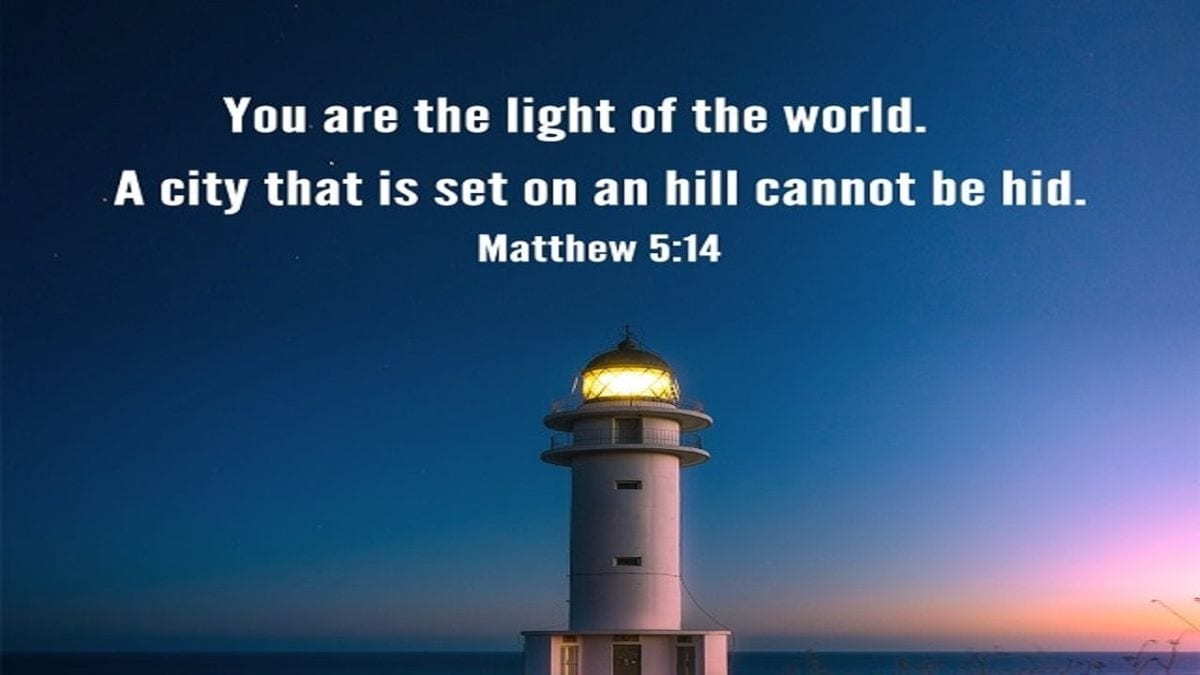Romans 15:14-16 Paul’s Priestly Ministry

Have you ever come to the end of something that has been exceptionally nice and found yourself feeling a bit sad about it, like maybe a vacation? We have something like that now. We are coming to the end of our study of Paul’s letter to the Romans. In it Paul has unfolded the Christian doctrine of justification by faith in all its many ramifications. He has demonstrated its necessity, described what God did to bring it about through the atoning death of Jesus Christ, explained how it works itself out by the power of the Holy Spirit in individual lives to give a permanent and sure salvation, and answered objections rising from the failure of the majority of Jews to believe the gospel. He has unfolded practical applications of this theology in such areas as yielding our minds to Jesus Christ, a proper evaluation of ourselves and others, matters of church and state, how believers are to live in light of the imminent return of Christ, and the need for Christians to accept and value one another.
With Romans 15:14, Paul begins to wrap this up, turning in his final paragraphs to his reasons for writing the letter, suggesting what his future travel plans might be, and sending greetings to people he knew in Rome. But even though he is ending, he still has quite a bit to say. Paul tells the Roman Christians in the opening sentence of his personal remarks that they are doing all right and that he is convinced this is so (v. 14). Paul said something along these lines in the first chapter when he took note of their strong faith and of the fact that it was being talked about all over the world (Rom. 1:8).
He is renewing his comments along these lines because he had been developing his doctrinal arguments fully and forcefully – the next verse acknowledges that he had written “quite boldly on some points, as if to remind you of them again” – and he knew that they might think that he somehow considers them to be deficient. Paul is aware that his confidence in these believers, whom he has never seen, might nevertheless be misunderstood. So he compliments them directly, using the terms appearing in verse 14: “full of goodness,” “complete in knowledge,” and “competent to instruct one another.” If this is Paul’s way of complimenting the Roman church on being what a church should be, then he is also giving us three criteria by which we can evaluate ourselves or any local gathering of believers.
Christianity has only one priest, Jesus Christ. He alone has made atonement for our sins by His death on the cross, and He alone makes intercession for us before the Father. That is why the church’s preachers, pastors, or ministers are never called priests in the New Testament. In light of this we find something very striking in verses 15-16. Here Paul is writing of his ministry to the Gentiles, a ministry given to him by Jesus Christ, and he speaks of his “priestly duty.” This is striking because the words are not used in that way elsewhere and also because in other places Paul explicitly disclaims interest in what are usually thought of as normal ministerial functions. He is making a contrast between what priests are normally thought of as doing and what he was actually called to do as minister to the Gentiles. Priests stand between men and God and offer sacrifices. The priestly duty to which Paul refers is to proclaim the gospel.
Verses 15-16 teach that the nature of the Christian ministry is to proclaim the gospel. The positive expression of what Paul was doing appears in his words to the believers at Corinth: “When I came to you, brothers, I did not come with eloquence or superior wisdom as I proclaimed to you the testimony about God. For I resolved to know nothing while I was with you except Jesus Christ and Him crucified” (1 Cor. 2:1). This does not mean that Paul only preached so-called salvation messages or that he failed to relate his teaching to what the Corinthians were dealing with as part of their culture. But he did not attempt to add to Christ’s work. He preached Christ and Christ only.
In this text Paul writes about the goal of his ministry: “so that the Gentiles might become an offering acceptable to God, sanctified by the Holy Spirit.” Gentiles were considered to be unclean by Jews, but, according to Paul, they are to become an offering sanctified to God by the Holy Spirit. The word sanctified means to be set apart to God and dedicated or concentrated to Him. Paul said this at the very beginning of the letter (Rom. 1:7). How are people sanctified? The first way is simply by their becoming Christians, for all who become Christians also become saints, since Christians are by definition people set apart for God. The second way is by their offering their bodies to God “as living sacrifices,” which is what Paul urged at the start of this final section of the letter (Rom. 12:1). We sense what Paul has in mind is a dedicated, effective, hardworking, God-glorifying Gentile Christian church.
Romans 15:14-16 Study Questions:
Paul moves in verses 14-24 to consider his longing to visit the Roman church and his calling as an apostle. How does Paul see himself as an Old Testament “priest” in ministry of the gospel?
What is Paul’s special calling and vocation?
The situation in Rome was a bit complicated for Paul. There were Jewish Christians who had left Rome some years previously and had now returned. Some of them had been members of churches Paul had founded and had actually worked alongside Paul as trusted friends and colleagues. Some of them, though, were native Roman Christians who had embraced the faith when it had been previously proclaimed by others, perhaps even Peter. What seems to be Paul’s concern in coming to visit and minister in Rome?
What are some areas in which you have Christian freedom but need to exercise more restraint? What are you prepared to sacrifice for the sake of others?
How could Paul be so sure the Roman Christians were capable of teaching each other in the faith?



